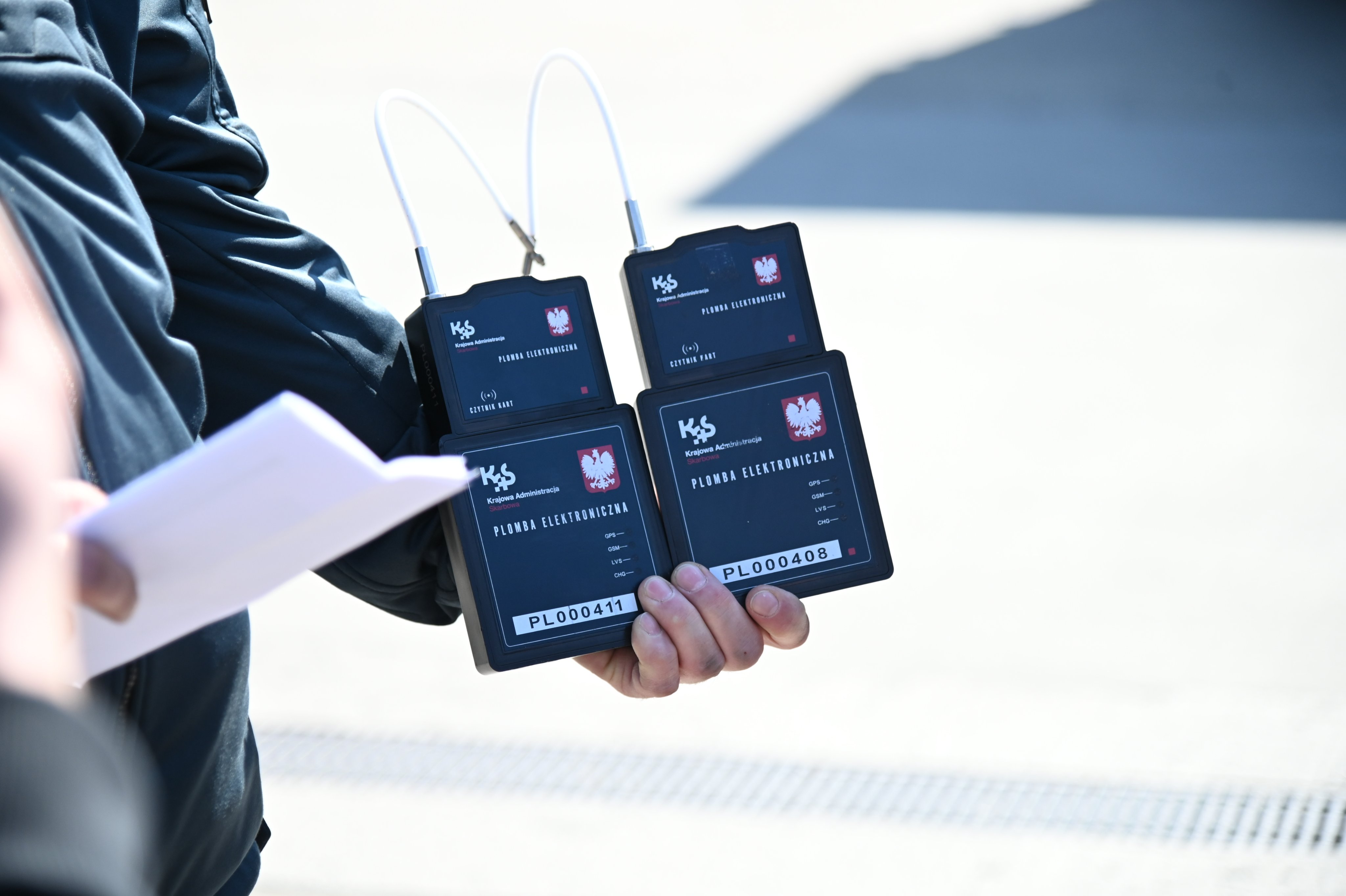


Views: 0 Author: Site Editor Publish Time: 2025-07-16 Origin: Site








Background
Poland, as a key logistics hub in Europe, serves as a critical transit corridor for goods between the European Union and Eastern countries. It is also a member country of the international TIR system (International Road Transport), which facilitates streamlined customs clearance for road freight through standardized international procedures. To combat smuggling and tax fraud, the Polish government launched the SENT system (Electronic Transport Supervision System) in 2017, enabling electronic declarations and dynamic monitoring to ensure traceability and transparency throughout the transport of high-risk goods.
In recent years, particularly since 2023, the surge in cargo traffic along the Ukrainian border — especially the frequent transportation of sensitive goods such as grain, pharmaceuticals, alcohol, and chemicals — has placed increasing regulatory pressure on the Polish authorities. The existing supervision methods are no longer sufficient to meet the modern requirements for transport security, transparency, and real-time monitoring.
Therefore, to enhance regulatory effectiveness, Poland's National Revenue Administration (KAS) has actively integrated smart technological solutions within the SENT system framework to realize visualized and intelligent tracking of sensitive cargo transport.

Limited Inspection Capacity: The inability to physically inspect the majority of cargo shipments creates major blind spots in regulatory enforcement. Border agents cannot manually verify most loads, leaving the system vulnerable to security breaches.
Tampering Detection During Transit: Maintaining cargo integrity is critical. Undetected tampering, unauthorized unloading, or rerouting can lead to the infiltration of contraband or the loss of high-value goods.
Illegal Goods Identification: Identifying illegal shipments—such as counterfeit products, weapons, or narcotics—within large-scale commercial cargo is both labor-intensive and technically difficult.
Lack of Real-Time Visibility: Without live tracking and automated alerts, regulatory bodies often learn about violations after the fact, when enforcement is far more difficult and damage already done.
Under Poland's Road and Rail Goods Transport Supervision Act, the SENT system requires all parties involved in transport (consignor, consignee, and carrier) to submit detailed electronic reports via the official PUESC platform. These reports include cargo information, transport dates, routes, and other relevant data to ensure full supply chain transparency.
To bridge the gap between declared transport routes and actual cargo movement, Polish authorities have integrated Jointech's GPS Electronic Seals into the SENT framework. This solution leverages the advantages of the international TIR customs facilitation system, enhanced with advanced IoT monitoring technology, providing:
Real-Time Location Tracking: Accurate GPS positioning to verify that shipments follow authorized routes.
Automated Tampering Alerts: Immediate notifications in case of unauthorized seal removal or cargo interference.
Full Journey Monitoring: Continuous oversight of cargo status from origin to destination, ensuring shipment integrity.
By integrating the international TIR system framework with SENT's intelligent monitoring technology, Polish customs have enhanced the oversight of sensitive cargo, moving towards a more digital and automated process that helps address some limitations of traditional regulatory methods.

Following the deployment of Jointech GPS Electronic Seals, the supervisory capabilities of Poland's SENT system have been significantly enhanced. Sensitive cargo transportation is now dynamically and continuously monitored in real time, greatly reducing the risks of smuggling and tax evasion. The system's intelligent alerts and full journey tracking have not only improved customs enforcement efficiency but also increased transparency and compliance throughout the transportation process.

This innovative regulatory approach helps Poland safeguard national tax revenues, optimize the cross-border trade environment, and promote stable economic development. At the same time, this case provides valuable reference and a model for other European countries aiming to integrate the TIR system with intelligent monitoring technologies to build a modern regulatory framework for sensitive cargo transport.